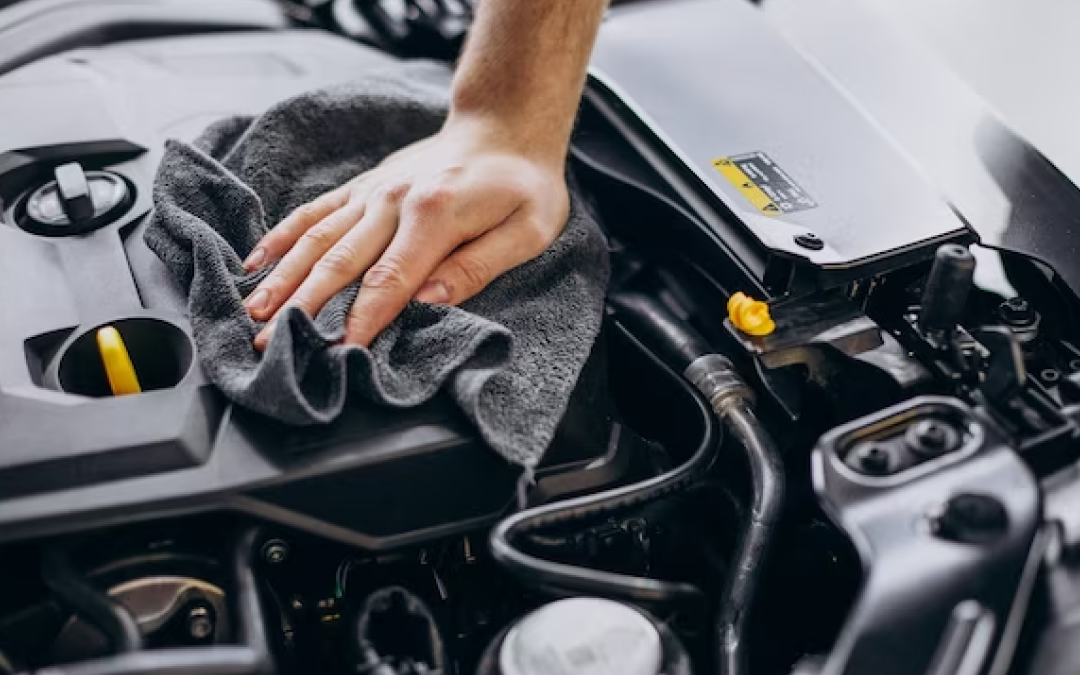If your car is running rough, hesitating or stalling when it is cold, you might have excessive carbon buildup on the intake valves. We usually see this happening to vehicles with 50K or more miles on them. The carbon is buildup is caused by oil seeping past the intake valve seals which is normal, and from blow by gases from the crankcase which is also normal.
Shell, Chevron, Mobil and the other refiners blend gasoline with high detergent levels to clean the fuel injectors and intake valves. The detergents are formulated to inhibit and remove carbon deposits. This works on engines with port injection, but not with direct injection.
So what makes the difference? Port injection engines have fuel injectors that spray gasoline right onto the intake valves. Using high detergent Top Tier gasoline in a port injection engine can clean the intake valves reducing carbon deposits.
Direct injection engines spray the fuel directly into the combustion chambers. Since the fuel is no longer being sprayed on the intake valves, the detergents in the gasoline don’t get a chance to clean the valves, causing excessive carbon buildup.
There are several ways to clean the carbon from the valves.
- Removing the intake manifold and blasting the carbon with an abrasive medium like walnut shells.
- Removing the cylinder heads and doing a valve job.
- Chemical cleaning of the intake system.
We usually do the carbon blast on vehicles that have the intake valves accessible with the intake manifold removed, and chemical cleaning if the valves are not accessible.
Once the carbon is removed from the valves, you will immediately notice a difference in the way your engine performs.
If your car is having issues of hesitating or stalling when cold or while it is warming up, or if you have more than 50,000 miles, I would recommend having the intake valves cleaned.
Contact us at Bavarian Workshop at 818-346-9363 or email us at acohen@bwscars.com.
 Rated 5 Stars on Google
Rated 5 Stars on Google 23710 Vanowen St, West Hills, CA 91307
23710 Vanowen St, West Hills, CA 91307 818-346-9363
818-346-9363